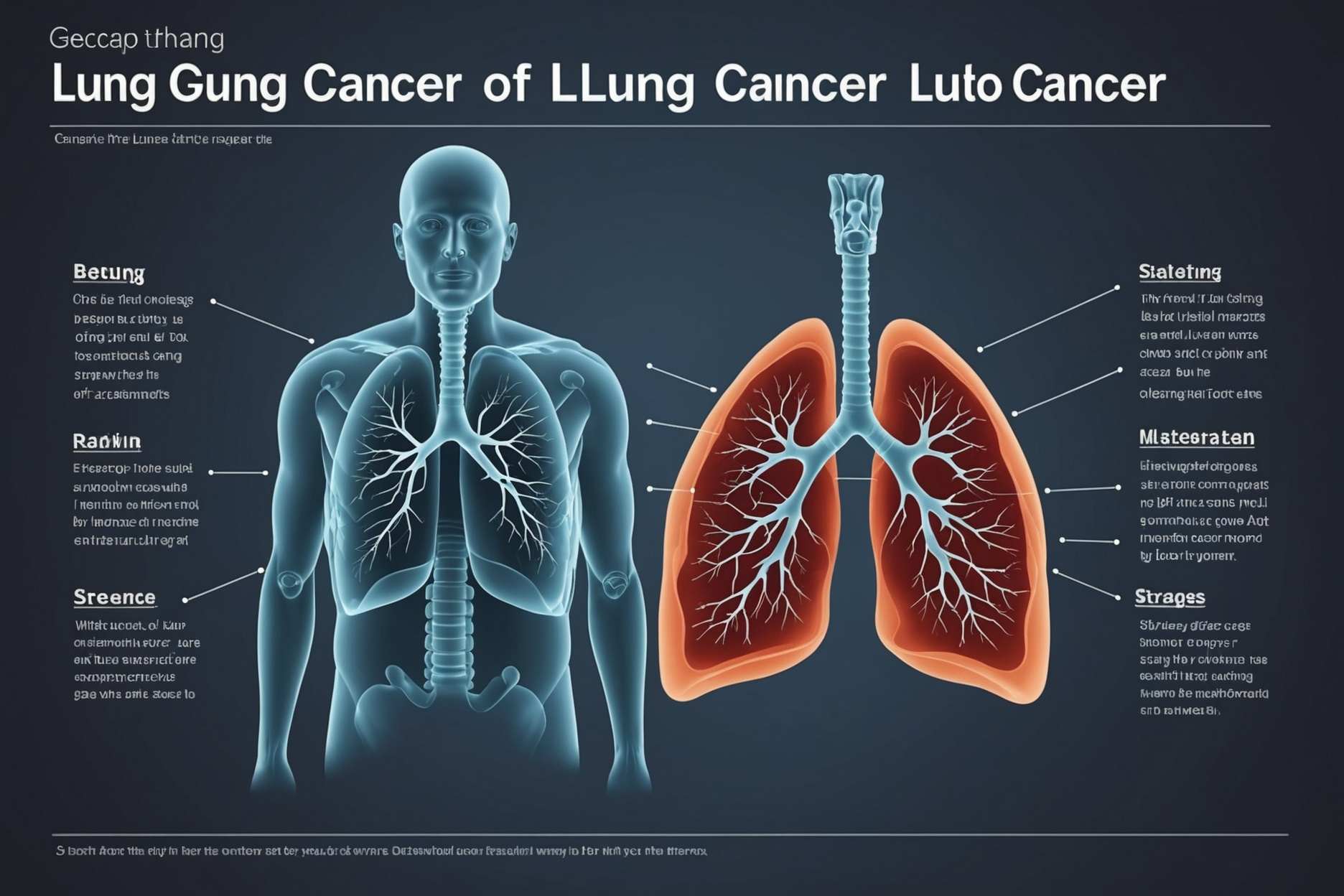- CONTACT US
- AFS
- Business
- Bussiness
- Car
- Career
- Celebrity
- Digital Products
- Education
- Entertainment
- Fashion
- Film
- Food
- Fun
- Games
- General Health
- Health
- Health Awareness
- Healthy
- Healthy Lifestyle
- History Facts
- Household Appliances
- Internet
- Investment
- Law
- Lifestyle
- Loans&Mortgages
- Luxury Life Style
- movie
- Music
- Nature
- News
- Pet
- Plant
- Politics
- Recommends
- Science
- Self-care
- services
- Smart Phone
- Sports
- Style
- Technology
- tire
- Travel
- US
- World
- エンタメ
- スポーツ
- 科学
- 経済

By Nancy Lapid
(Reuters) -Researchers monitoring the brain activity of a patient with a severe binge-eating problem reported that Eli Lilly's GLP-1 weight-loss drug appeared to temporarily suppress food-craving signals in the "reward center" of the brain.
These are the first direct measurements of brain activity in a person receiving tirzepatide, sold as Mounjaro for diabetes and Zepbound for weight loss, shedding light on the treatment's impact on so-called food noise.
The report, published on Monday in Nature Medicine, describes the effect of tirzepatide on a single individual, and the findings cannot be generalized to others, the researchers cautioned. But it may suggest a role for future versions of Mounjaro or other GLP-1 drugs in treating certain eating disorders, they said.
“Hopefully this report inspires some rigorous investigation of that possibility,” said study leader Dr. Casey Halpern of the Perelman School of Medicine at the University of Pennsylvania.
The study followed four patients participating in the first human trial of deep-brain stimulation for treating loss-of-control eating disorders such as binge-eating and bulimia.
The plan was to monitor activity in the brain's reward center, or nucleus accumbens, and use a surgically implanted device to send electrical impulses to block signals that “ramp up” before binge-eating episodes, Halpern said.
One patient's doctor had prescribed tirzepatide before the electrodes were implanted to treat her type 2 diabetes and obesity. During the first few months of electrode monitoring, she reported no food preoccupation and her nucleus accumbens food-craving signals were silent.
Study participants not taking tirzepatide showed the typical elevated activity in the nucleus accumbens and frequent episodes of food preoccupation.
The striking quiet in her nucleus accumbens signaling and food preoccupation suggests that tirzepatide was responsible for the temporary quieting of food noise in this patient, the researchers said.
“Activity in her nucleus accumbens was so quiet that it almost made us think our system wasn't working,” Halpern said.
DRUG IMPACT FADES OVER TIME
Five months later, the researchers saw signs that tirzepatide’s effects on this patient’s behavioral disorder were temporary, and “food noise” was breaking through.
They detected nucleus accumbens activity consistent with binge-eating, and the patient reported episodes of severe food preoccupation.
The reason tirzepatide’s effect on out-of-control eating was only temporary in this case is likely because the drug was designed and optimized for diabetes and weight loss, not for binge-eating disorders, Halpern surmised.
Current popular weight-loss drugs mimic hormones found in the small intestine and pancreas and are not designed to impact the brain’s reward mechanisms.
To have a lasting effect on severe food preoccupation, GLP-1 drugs would need to be redesigned to impact the nucleus accumbens and optimized for mental health, Halpern said.
(Reporting by Nancy Lapid; Editing by Michele Gershberg and Bill Berkrot)
LATEST POSTS
- 1
 CMA Awards 2025: Full list of nominations, from Entertainer of the Year to Album of the Year
CMA Awards 2025: Full list of nominations, from Entertainer of the Year to Album of the Year - 2
 Netanyahu on Gush Etzion terror attack: 'We will complete war on all fronts'
Netanyahu on Gush Etzion terror attack: 'We will complete war on all fronts' - 3
 Germany's Merz under fire in Brazil for his comments on Amazon host city of COP30
Germany's Merz under fire in Brazil for his comments on Amazon host city of COP30 - 4
 IDF strikes Hamas terror base in Lebanon, Health Ministry says 11 killed
IDF strikes Hamas terror base in Lebanon, Health Ministry says 11 killed - 5
 Lebanon says Israeli strike killed 13 people near Palestinian refugee camp
Lebanon says Israeli strike killed 13 people near Palestinian refugee camp
 Getting through a Lifelong Change: Individual Examples of overcoming adversity
Getting through a Lifelong Change: Individual Examples of overcoming adversity Michael Jordan donates $10M to North Carolina medical center in honor of his mother
Michael Jordan donates $10M to North Carolina medical center in honor of his mother 5 Wellbeing Applications Assist You With remaining Fit
5 Wellbeing Applications Assist You With remaining Fit Instructions to Figure out the Various Phases of Cellular breakdown in the lungs
Instructions to Figure out the Various Phases of Cellular breakdown in the lungs PHOTO ESSAY: Summer camp for kids with autoimmune diseases
PHOTO ESSAY: Summer camp for kids with autoimmune diseases All that You Really want to Be familiar with Dental Inserts Facilities
All that You Really want to Be familiar with Dental Inserts Facilities Figure out How to Consolidate Cutting edge innovations in Senior's SUVs
Figure out How to Consolidate Cutting edge innovations in Senior's SUVs Get Cooking: 15 Speedy and Heavenly Recipes for Occupied Individuals
Get Cooking: 15 Speedy and Heavenly Recipes for Occupied Individuals Building an Individual Brand: Illustrations from Forces to be reckoned with
Building an Individual Brand: Illustrations from Forces to be reckoned with













